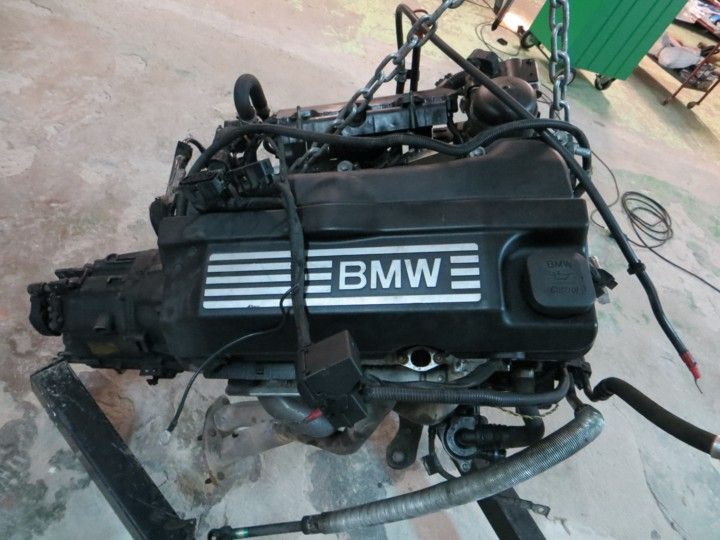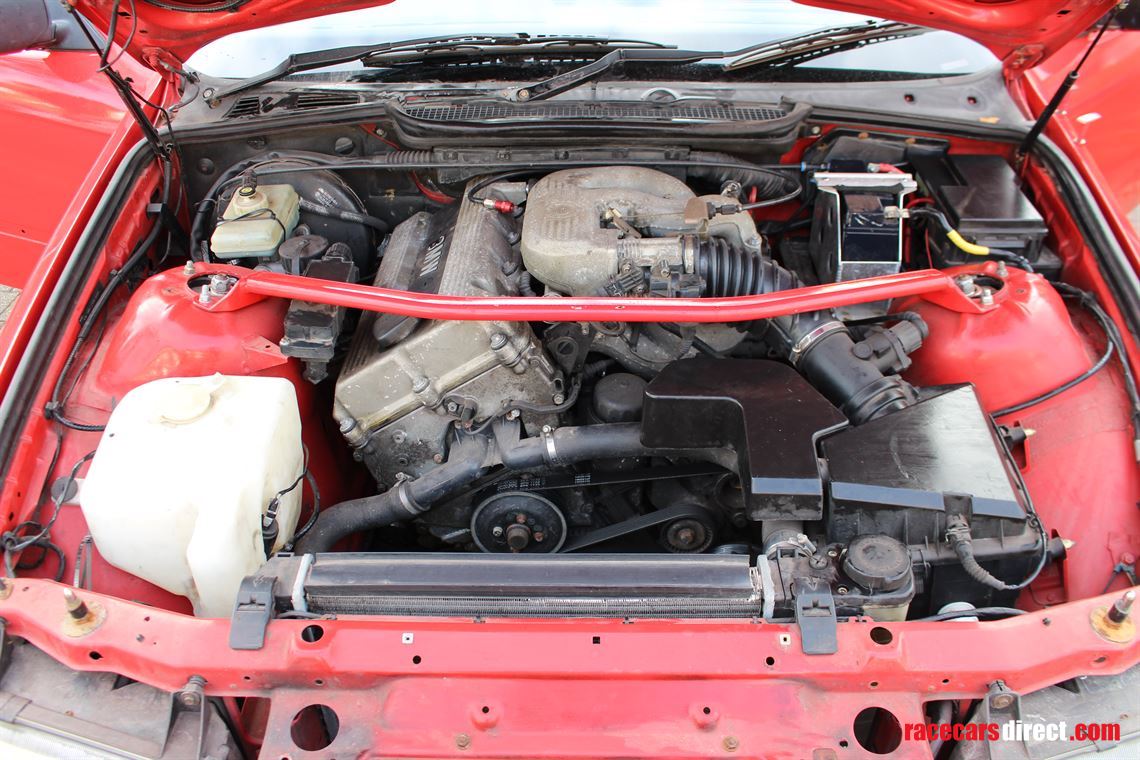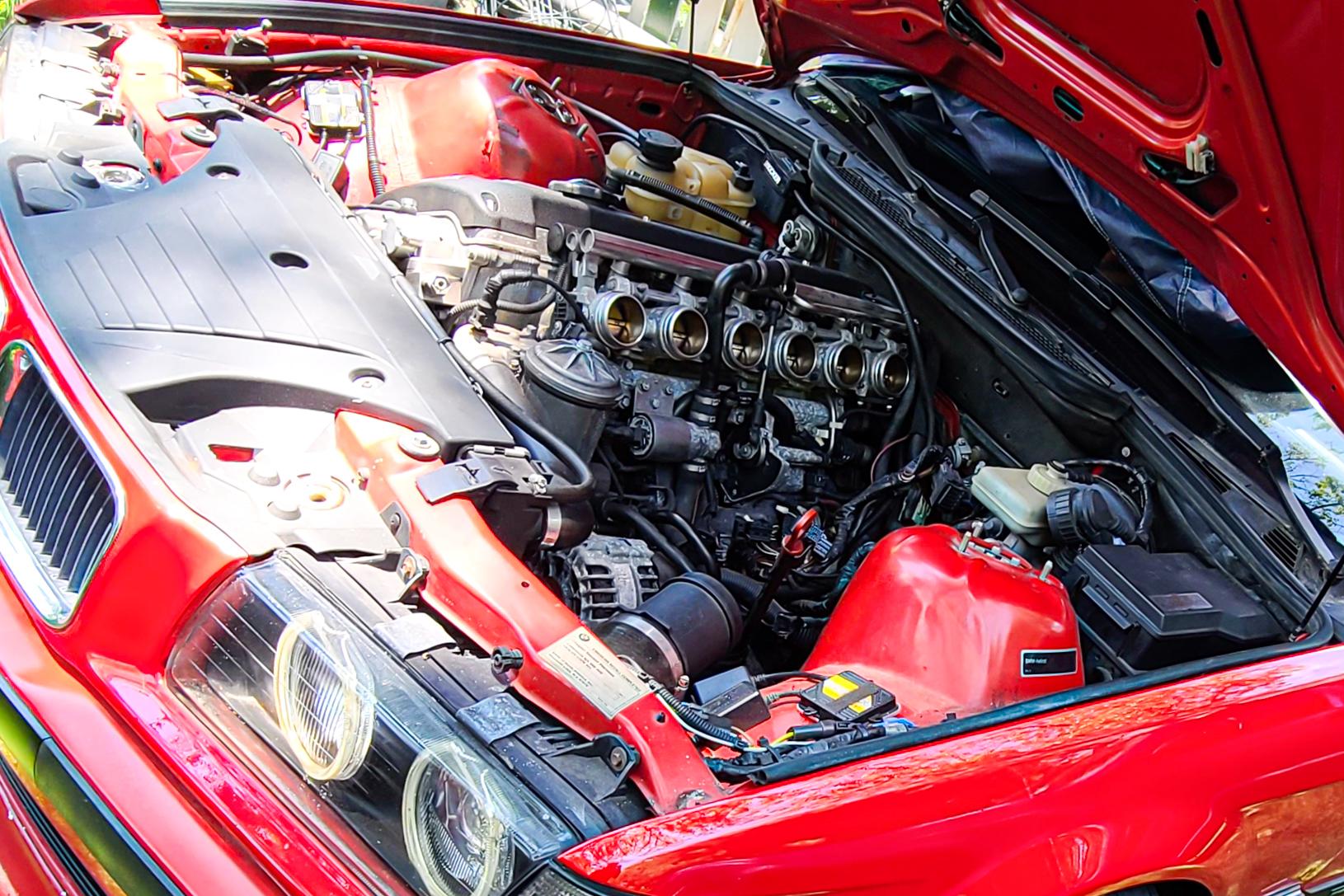Preserving Your BMW 318ti: Vital Tips for Durability
Preserving Your BMW 318ti: Vital Tips for Durability
Blog Article
Essential Factors To Consider for Selecting the Ideal Engine for Your Requirements
In the realm of picking the optimal engine to meet your needs, a number of crucial elements need precise consideration to guarantee optimum performance and efficiency. From the nuanced equilibrium in between power and performance to the often-overlooked facets of maintenance and solution requirements, each element plays a crucial function in identifying the most suitable engine for your specific demands. As the intricacy of engine technologies remains to develop, critical the most fitting choice necessitates a deep understanding of the interaction in between different considerations. By checking out the intricate web of variables that underpin this decision-making procedure, a more clear path emerges in the direction of selecting an engine that not just satisfies yet exceeds your assumptions.
Power and Performance
When evaluating engines for optimal efficiency, it is essential to focus on both power output and effectiveness. Power result gauges the ability of an engine to produce energy, which straight affects its performance. A high power output is essential for requiring jobs such as heavy-duty applications or high-speed demands. It makes certain that the engine can handle the work effectively and effectively. Nevertheless, power alone is not enough; efficiency plays a significant role in identifying the total performance of an engine. Performance refers to just how well the engine converts fuel right into useful power. A more effective engine will provide much better mileage, lower emissions, and lowered operating expense. Striking the appropriate balance between power outcome and efficiency is essential to choosing an engine that fulfills your certain demands. It is vital to take into consideration variables such as the planned use the engine, ecological effect, and long-lasting price implications when making this choice. By very carefully assessing both power and efficiency, you can pick an engine that supplies ideal performance and meets your demands properly.
Gas Effectiveness and Economic Climate
In the world of engine selection, the consideration of fuel effectiveness and economic situation holds vital relevance. Gas efficiency refers to the engine's capacity to convert gas into power with minimal waste, directly affecting operating expenses and ecological sustainability. bmw 318ti. When choosing an engine, assessing its fuel economy is essential to establish lasting financial savings and ecological impact. Engines with greater gas effectiveness not only lower gas expenses but additionally reduce carbon discharges, adding to a greener operation.

Compatibility and Application
Thinking about the gas performance and economic situation of an engine, the next vital element to address is its compatibility and application within specific functional my explanation contexts. Compatibility refers to just how well the engine incorporates with the total system or devices it powers.
Furthermore, the application of the engine is similarly important. Different engines are designed for details purposes, whether it be industrial machinery, marine vessels, automobiles, or power generators. Comprehending the desired application enables the selection of an engine that can provide the necessary power output, torque, and functional features. For example, a high-revving engine created for performance Check This Out autos would certainly not appropriate for sturdy construction tools that requires high torque at reduced rates.
Maintenance and Solution Needs
Upkeep and solution requirements play an essential role in making sure the durability and optimal efficiency of an engine. Routine upkeep is important to protect against failures, prolong the life-span of the engine, and keep its performance. When selecting an engine, it is essential to consider the maker's advised upkeep routine and the schedule of solution centers or qualified specialists.
Aspects such as the frequency of oil adjustments, filter replacements, and overall examinations can significantly affect the engine's performance. Some engines may call for more frequent servicing based on their design and usage, while others might have longer intervals between maintenance checks. It is crucial to abide by these solution demands to prevent costly repair services and unexpected downtime.

Price and Budget Factors To Consider
Spending plan constraints commonly play a significant function in the decision-making process when choosing an engine for a specific application. When considering the cost and budget plan effects of picking an engine, it is vital to evaluate not only the initial purchase price yet additionally the lasting expenses connected with maintenance, gas consumption, and potential upgrades or repair work. It is important to strike a balance between the in advance price of the engine and its total lifecycle costs to make sure that the selected resource engine stays economically sustainable throughout its functional lifespan.
Factors such as gas longevity, effectiveness, and dependability can directly affect the complete cost of possession of an engine. While an extra expensive engine might have higher upfront expenses, it might potentially result in reduced upkeep and gas expenditures over time, thus supplying much better worth in the lengthy run.
Final Thought

Fuel efficiency refers to the engine's capability to transform fuel into power with minimal waste, directly impacting operating expenses and ecological sustainability.Aspects affecting fuel effectiveness consist of engine layout, combustion performance, and total performance optimization. Furthermore, picking the proper fuel type and grade as advised by the engine maker can even more improve effectiveness and extend engine life expectancy.
Engines with great serviceability features and easily available parts can minimize upkeep expenses and reduce the time the engine is out of procedure - bmw 318ti. It is essential to strike a balance in between the upfront cost of the engine and its general lifecycle expenses to ensure that the picked engine continues to be economically sustainable throughout its functional lifespan
Report this page